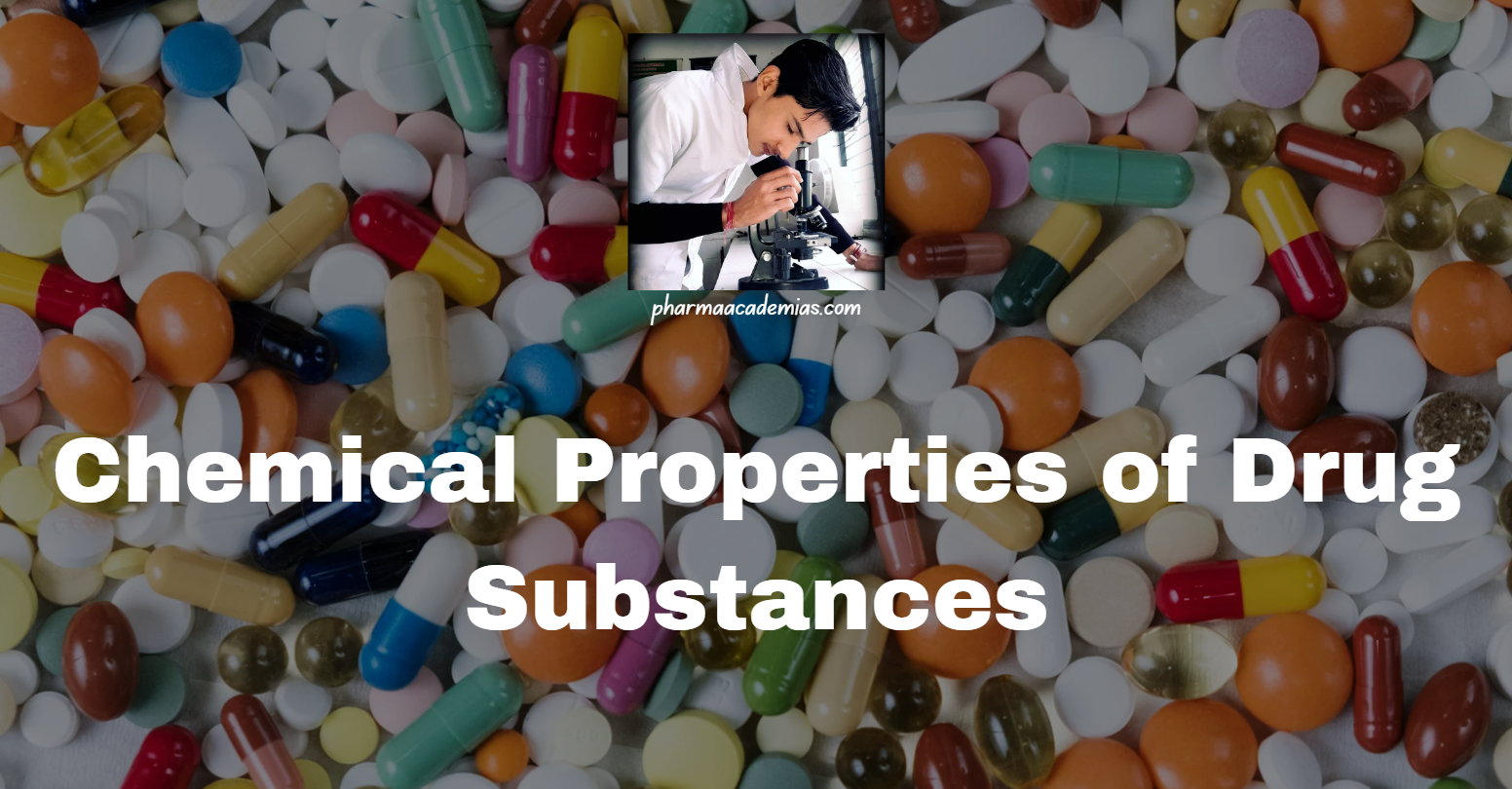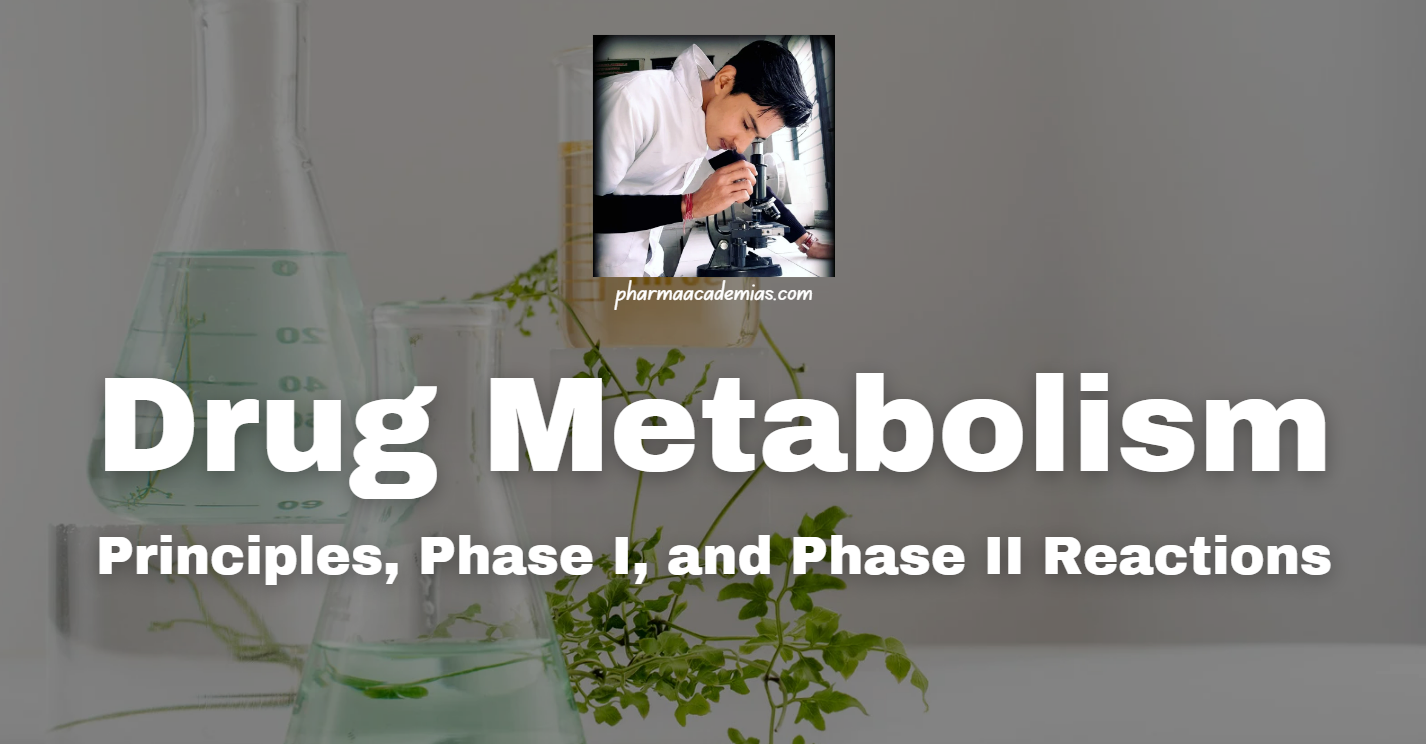Chemical Properties of Drug Substances
Understanding the chemical properties of drug substances is critical for predicting their stability, compatibility, and overall behavior during formulation, storage, and administration. Here, we detail key chemical processes including hydrolysis, oxidation, reduction, racemization, and polymerization, along with their significance in pharmaceutical development. 1. Hydrolysis Hydrolysis is a chemical reaction in which water reacts with a … Read more




